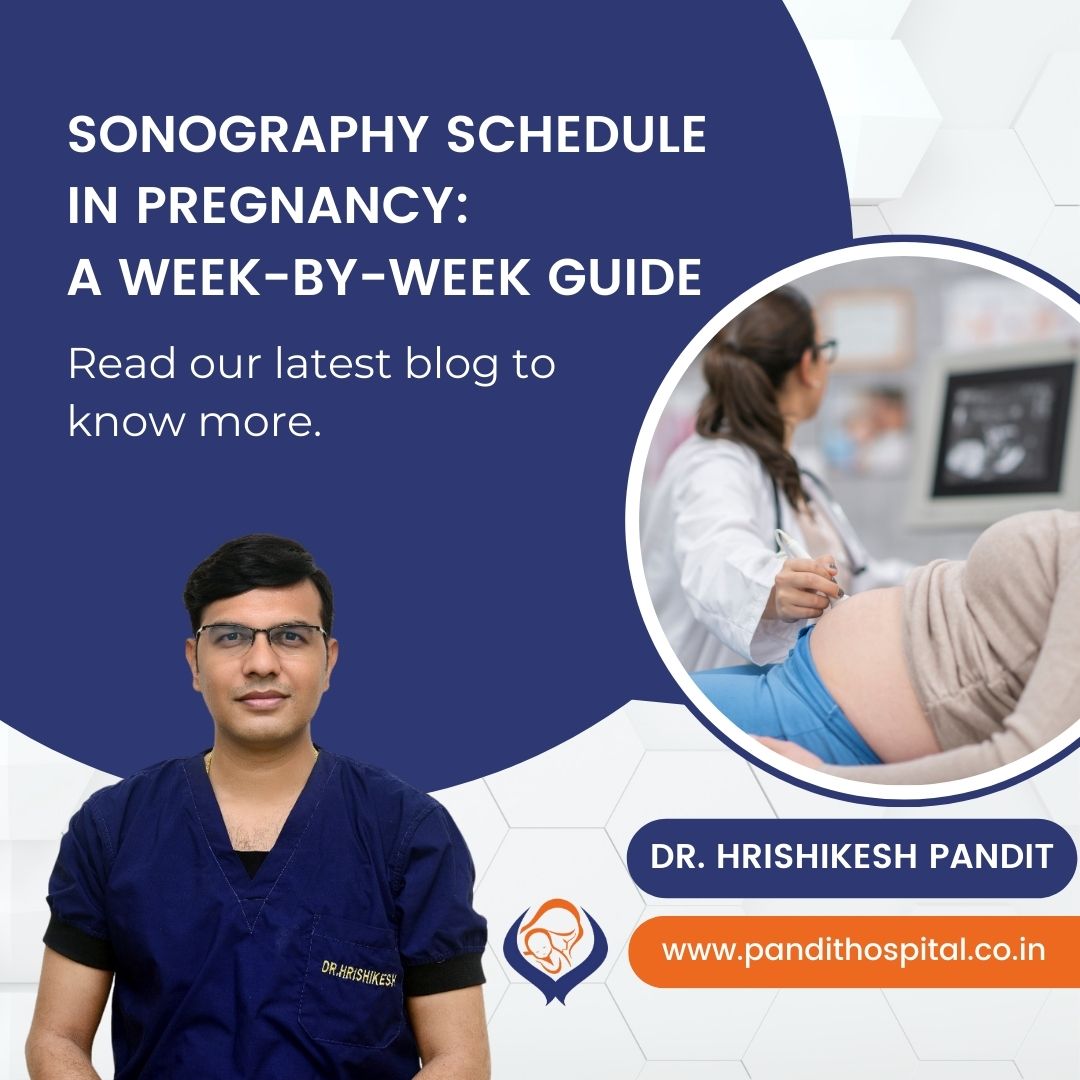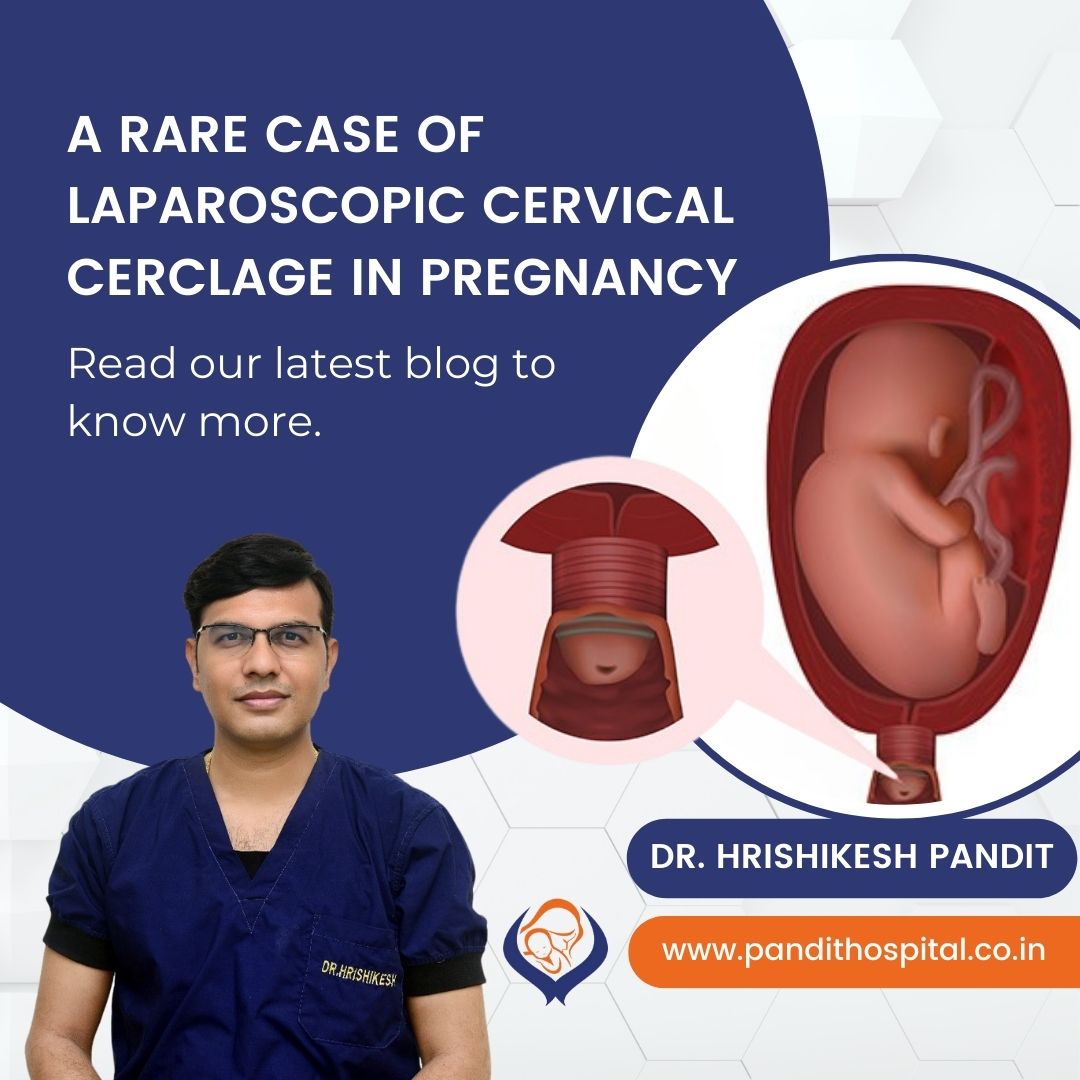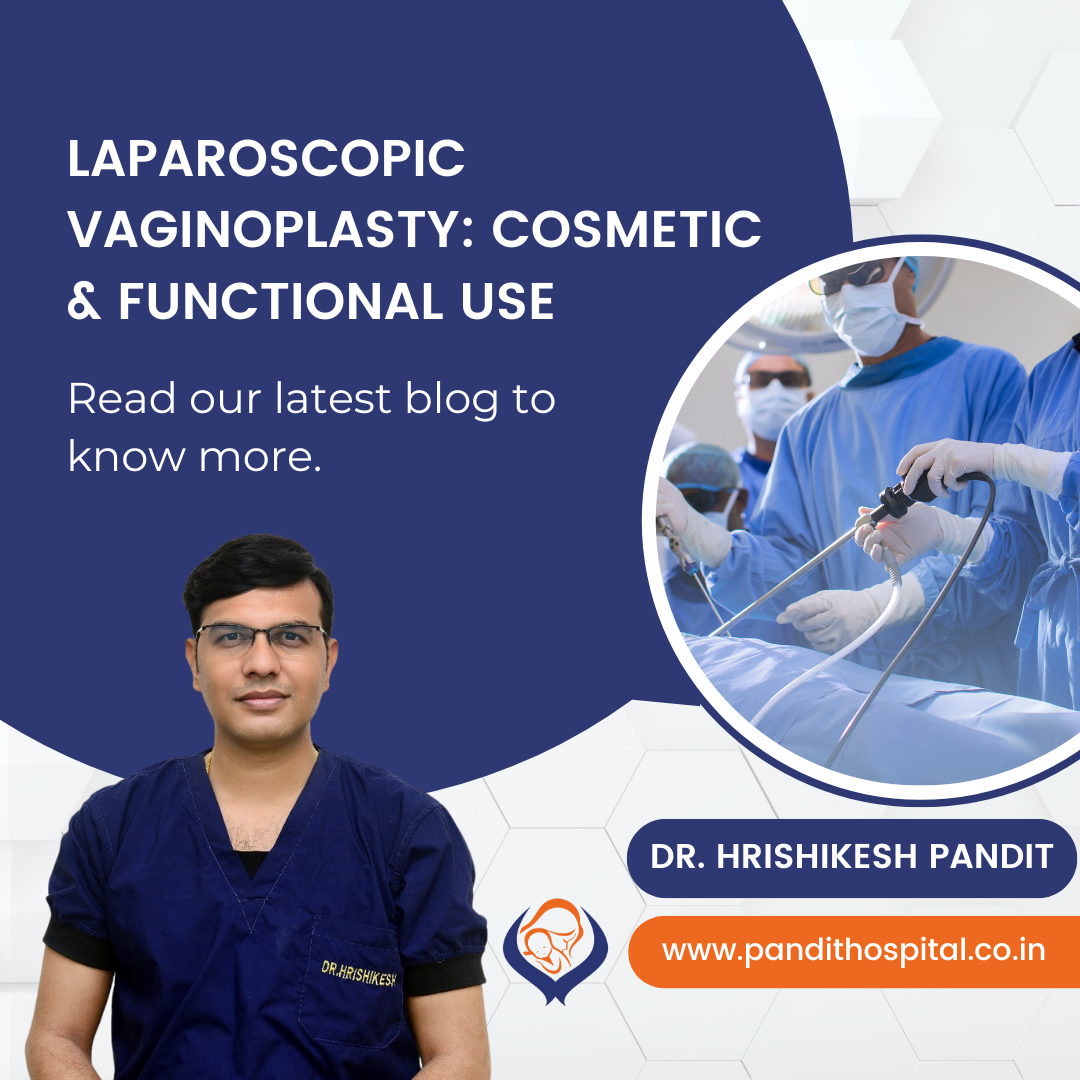Ultrasound, or sonography, plays a vital role in monitoring the health and development of the baby during pregnancy. Each scan is designed to assess different aspects of fetal growth, detect any abnormalities, and ensure a safe pregnancy journey. Below is a detailed week-by-week sonography schedule every expectant mother should follow.
Read this blog in Marathi
- Early Pregnancy Scan (6-8 Weeks)
- Purpose: Confirms pregnancy, checks for fetal heartbeat, and assesses the number of fetuses.
- Why It’s Important: Helps detect ectopic pregnancy, miscarriage risk, or any abnormalities in implantation.
- Nuchal Translucency (NT) Scan & Double Marker Test (11-14 Weeks)
- Purpose: Measures the fluid at the back of the baby’s neck to screen for chromosomal abnormalities such as Down syndrome.
- Why It’s Important: When combined with the Double Marker Test, it helps in early detection of genetic conditions.
- Anomaly Scan (Level 2 Scan) (18-22 Weeks)
- Purpose: A detailed structural scan to check fetal anatomy, including the brain, spine, heart, kidneys, and limbs.
- Why It’s Important: Identifies congenital anomalies and detects placenta position, amniotic fluid levels, and cervical length.
- Fetal Echocardiography (20-24 Weeks) (Optional in High-Risk Cases)
- Purpose: Evaluates the baby’s heart structure and function.
- Why It’s Important: Recommended for high-risk pregnancies, diabetic mothers, or those with a history of congenital heart disease.
- Growth & Doppler Scan (24-28 Weeks)
- Purpose: Monitors fetal growth, checks amniotic fluid levels, and assesses blood flow in the umbilical cord and placenta.
- Why It’s Important: Helps in identifying intrauterine growth restriction (IUGR) and placental insufficiency.
- Growth Scan (28-32 Weeks)
- Purpose: Tracks fetal development, movement, and amniotic fluid levels.
- Why It’s Important: Assesses the baby’s weight, position, and overall health.
- Doppler Scan (32-36 Weeks) (For High-Risk Cases)
- Purpose: Examines blood flow between the placenta and fetus.
- Why It’s Important: Essential for pregnancies with hypertension, diabetes, or growth restriction, ensuring adequate oxygen supply to the baby.
- Term Scan (36-40 Weeks)
- Purpose: Determines fetal position, placenta location, amniotic fluid levels, and readiness for delivery.
- Why It’s Important: Helps plan the mode of delivery (normal or C-section) based on fetal and maternal conditions.
- Cervical Length Scan: Done in cases of a short cervix to prevent preterm labor.
- Amniotic Fluid Index (AFI) Scan: Monitors fluid levels in case of suspected oligohydramnios or polyhydramnios.
- Biophysical Profile (BPP): Evaluates fetal breathing, movements, muscle tone, and amniotic fluid levels in cases of high-risk pregnancies.
Following a proper sonography schedule ensures timely detection of any complications and promotes healthy pregnancy outcomes. At Pandit Hospital, Ahilyanagar, we provide advanced maternity care with state-of-the-art 3D laparoscopy and sonography services to ensure the safety of both mother and baby.
For expert consultation and sonography appointments, visit Pandit Hospital today!
Dr. Hrishikesh Pandit
Pandit Hospital, Maternity & 3D Laparoscopy Center, Ahilyanagar
At Pandit Hospital, you are in safe hands!
To consult Dr. Hrishikesh Pandit, Click Below,
Pandit Hospital – Best Maternity care center in Ahmednagar
LET’S SEE OUR INTRO VIDEO
At Pandit Hospital, we provide all the maternity services from antenatal to postnatal period under one roof
Let's Connect!!
0241-2441717 / 0241-2442344
About author:
Dr. Hrishikesh Pandit:
Dr. Hrishikesh Pandit is one of the best obstetrician and gynecologist in India. He is also a well-renowned Laparoscopic surgeon. He obtained his MS (Ob Gyn) degree from the prestigious Pravara Institute of Medical Sciences. He has also done fellowship and diploma courses in laparoscopic surgeries and cancer treatment from Tata Hospital and Keil University, Germany. His surgical cases, papers and videos has been chosen in many international forums of gynecology.
At Pandit Hospital, we are always working hard to provide its patients with the highest level of medical innovation and patient care. With the aim of delivering complete maternity & gynecological care under one roof with the help of all contemporary amenities and cutting-edge medical equipment. Dr. Hrishikesh Pandit has a vision to bring the best of facilities regarding laparoscopy surgeries in the city of Ahmednagar. He is the pioneer of 3D Laparoscopy technology is Ahmednagar.
Latest Articles
Dr. Hrishikesh Pandit is one of the best laparoscopy surgeons in India. His determination to bring 3D Laparoscopy technology to Ahmednagar has eventually helped so many patients. Read the latest articles by Dr. Hrishikesh Pandit on Gynecology, gastric issues, and health tips for mothers during pregnancy.
Laparoscopic Cerclage is done for cervical insufficiency or early abortion history. Consult Dr. Hrishikesh Pandit to know more about it. Excellent results in High Risk Pregnancies. Watch video on YouTube.
At Pandit Hospital, Ahilyanagar, we provide advanced maternity care with state-of-the-art 3D laparoscopy and sonography services to ensure the safety of both mother and baby.
Pandit Hospital, led by Dr. Hrishikesh Pandit, offers 3D laparoscopic treatments including Laparoscopic Vaginoplasty, to restore both form and function in women seeking vaginal reconstruction in india.
FAQ
You should consult a doctor during the first 6 to 8 weeks of your pregnancy, or when your period is 2 to 4 weeks late.
If your contractions are 5 minutes apart, lasting for 1 minute, for 1 hour or longer, it’s time to head to the hospital.
Doctors recommend an infertility evaluation if you have not gotten pregnant after 1 year of having regular sexual intercourse without using birth control. If you are older than 35, an evaluation is recommended after 6 months of trying.
Yes, You can. But most babies need 39 weeks to develop fully. Induced or planned delivery before that time—without a valid medical reason—is not in the best interest of the baby or the mother. After 39 weeks you can plan delivery.
Women who are 21 to 29 should have a Pap test alone every 3 years. HPV testing alone can be considered for women who are 25 to 29, but Pap tests are preferred. Women who are 30 to 65 have three options for testing. They can have a Pap test and an HPV test (co-testing) every 5 years. They can have a Pap test alone every 3 years. Or they can have HPV testing alone every 5 years.
Laparoscopic hysterectomy is a safe and suitable procedure for chosen patients. It affords patients advantages like less peri-operative morbidity, better life quality, shorter hospitalization time, and faster return to activity.
Schedule a doctor’s visit if you have: Greenish, yellowish, thick or cheesy vaginal discharge; Strong vaginal odor; Redness, itching, burning or irritation of your vagina or the area of skin that surrounds the vagina and urethra (vulva); Bleeding or spotting unrelated to your period.
Painless delivery can be achieved using a form of regional anesthesia that provides pain relief during natural labor. Epidural anesthesia is administered through an injection on the lower back of the mother. The drug takes about 10-15 minutes to take effect.
Even in severe cases of endometriosis, most can be treated with laparoscopic surgery. In laparoscopic surgery, your surgeon inserts a slender viewing instrument (laparoscope) through a small incision near your navel and inserts instruments to remove endometrial tissue through another small incision.
The HPV vaccine is recommended for routine vaccination at the age of 11 or 12 years. (Vaccination can be started at age 9.) It is also recommended that vaccination for everyone through age 26 years if not adequately vaccinated when younger. HPV vaccination is given as a series of either two or three doses, depending on age at initial vaccination.




